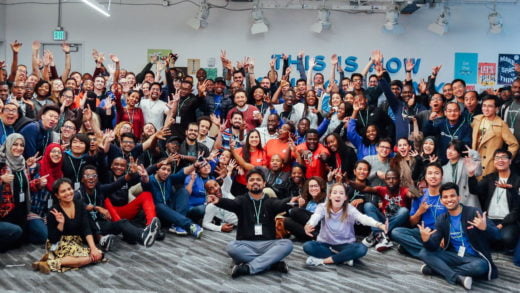A simple yes or no can be a life-changing event considering the context it is used in. People often tend to overlook the complexity of a few simple terms and this is true for all aspects of life. We keep looking for more challenging things and ignore the small ones. In this post, I am citing a few examples, which will help you in selecting the right people to talk to. These are not guidelines or tips on how to do small talk or how to converse better. Rather it is my opinion on how to choose people you should talk to. If you are wondering why does that matter, I’ll quote a famous dialogue: “You are average of the five people you spend your most time with.”
And I personally believe the statement to be true as well. Let us start with the yes part.
You should always look forward to talking to people who say yes to you. Note that this does not mean people who are agreeing with you always. That can be a dangerous set of people to be with. People who are looking forward to talking to you, interested in small talk and share common interests with you are the ones you should keep up with. Although this is no rocket science, very often people forget this. Take a look at this TED talk on improvisation in which the speaker beautifully illustrates how conversations can happen and stories are made by simply having people who say yes.
People who ask the question “And?” or ones who add their own feedback should be kept more closer according to the speaker. And this is not just about improvisation, it is true for conversations too. People who are listening to you with interest make conversations enjoyable and not just a question response affair.
Moving on to the next section, I’ll cite a few examples from my life for this one. The No. You need to avoid people who are saying no to you, that is who do not really want to talk to you but are just talking for mere small talk. But the more important “no” is that you need to learn to say it to people. Many people fail in this regard. One friend of mine cannot say no to people and lacks the ability to do it. Such people will always avoid the topic, but not directly say no which keeps the other person in anticipation. Another wants to say no, but his interest in talking to people is so much that he cannot resist talking to some people who respond occasionally. By trying to constantly keep up, they achieve the opposite.
Learning when people are interested or not is an altogether different task which requires a lot of practice as well, but you have to start somewhere. Do keep in mind that everything mentioned will vary with people’s personalities, their availability, and the troubles they are going through currently. Don’t sweat out too much on these as the guidelines for conversations.
And always remember that Yes and No are like Alan Turing of the second world war, crack them and you win the war of talking 😉
So this is my opinion, I would love to hear your’s on the same topic. Do let me know what you think in the comments.



















